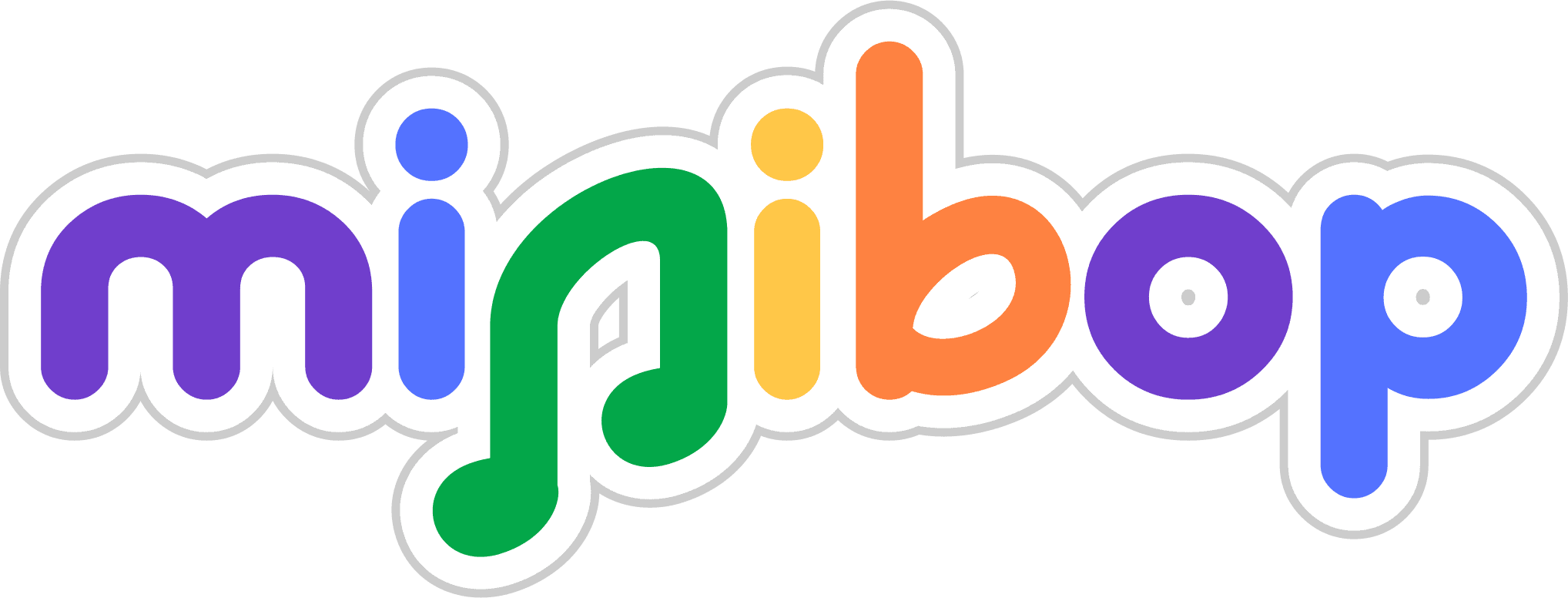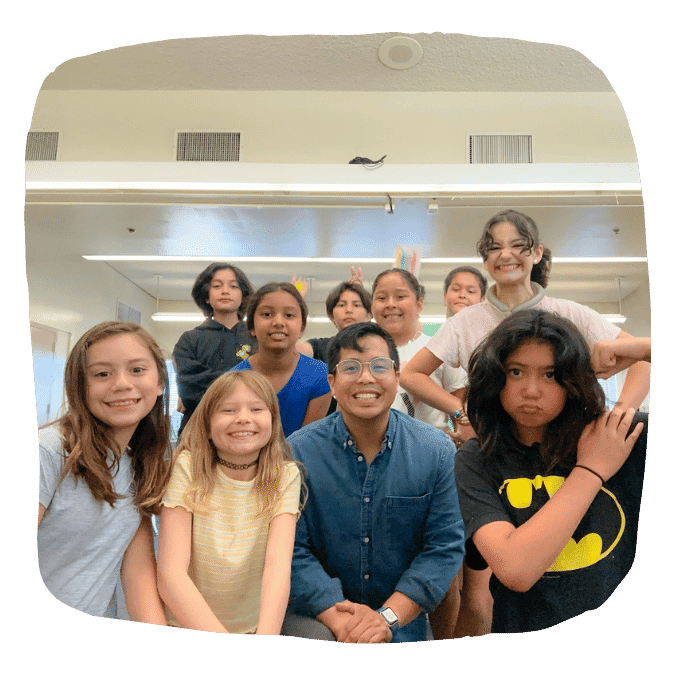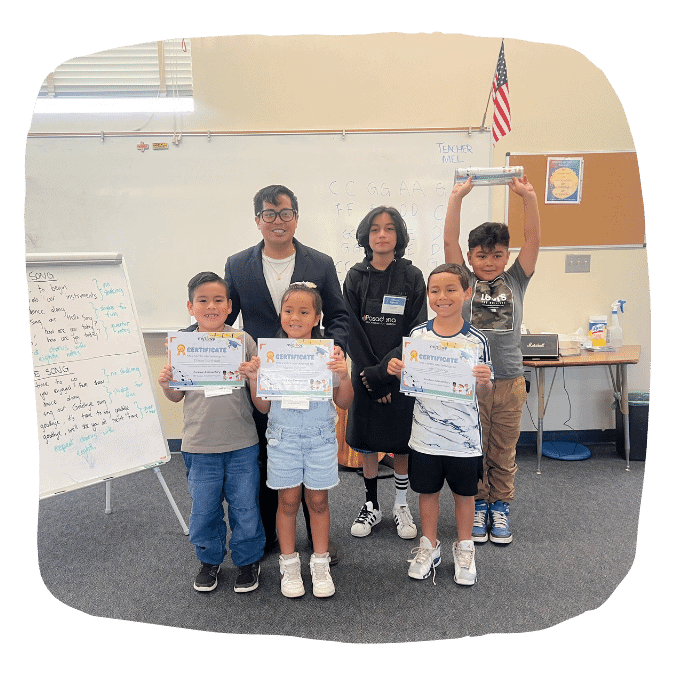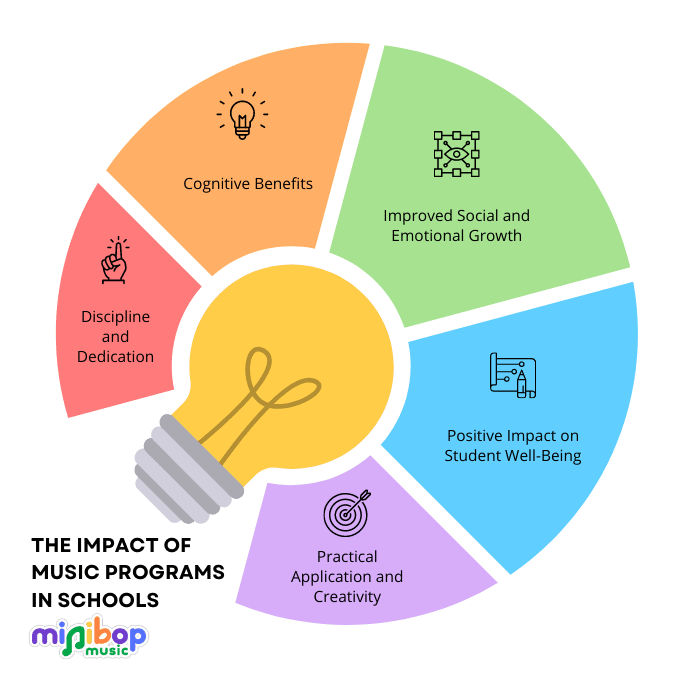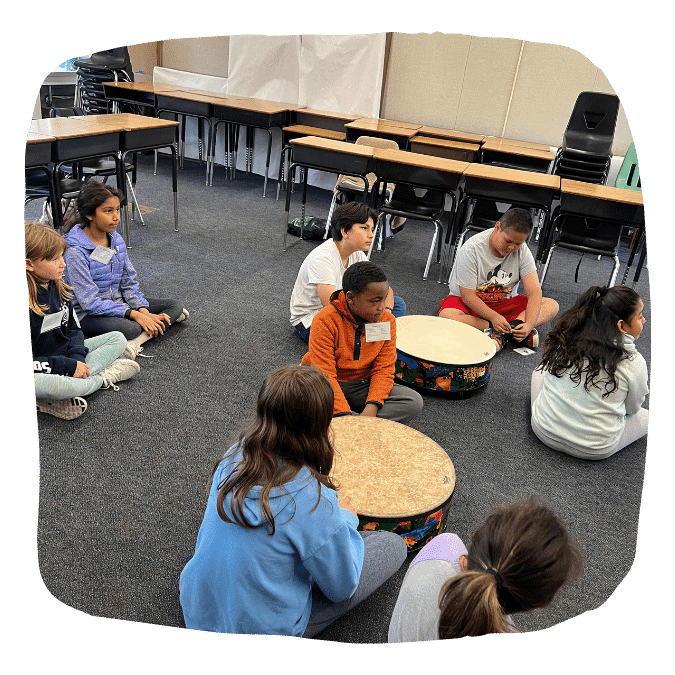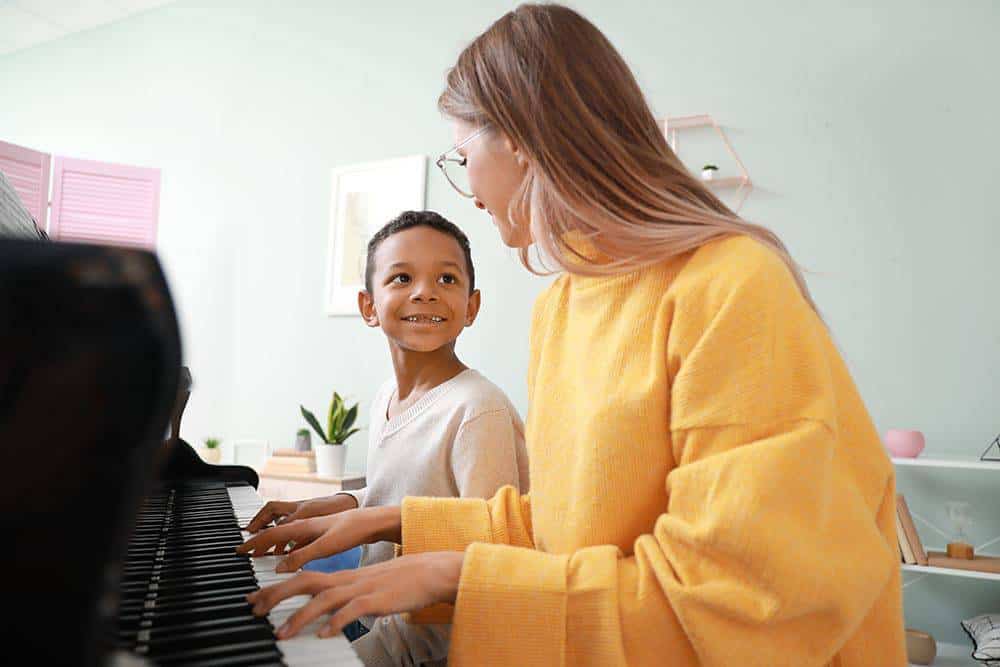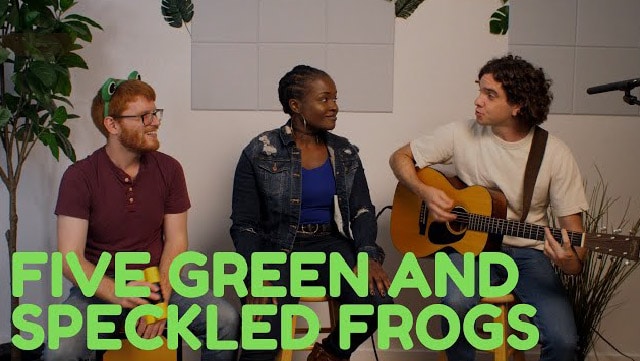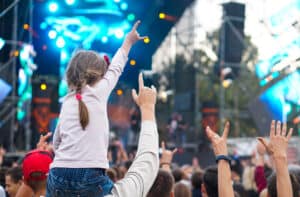Discover the incredible significance of music education in our schools and the rising popularity of music programs that are transforming the way we learn and create music.
Music education is not just about teaching students how to play an instrument or sing in perfect harmony. The discipline and dedication required to master an instrument or participate in a choir translate into improved concentration and memory skills. Mathematics and language comprehension are also known to get a boost when students immerse themselves in the world of music notes and scales. Research has shown that students who participate in music education tend to excel academically.
Beyond the academic perks, music education serves as an important emotional and social outlet. Through music, students find an avenue to express their feelings and discover their unique identities. Collaborative music-making, be it in bands or orchestras, nurtures teamwork cooperation and communication skills, preparing students for life beyond the classroom. Music programs play a crucial role in supporting teachers and enriching the music education experience for students.
The Impact of Music Programs in Schools
Cognitive Benefits
Who would’ve thought that playing a tune could lead to better grades? Studies have shown that students engaged in music programs tend to excel academically in other subjects too. The discipline and dedication required to master an instrument or sing in harmony spill over into the classroom, helping students concentrate better and absorb information like sponges.
Music education works wonders for young minds by giving their cognitive skills a mega boost. The melodies stimulate memory, allowing students to recall information with ease. Their attention span sharpens due to the practice they put in with music, making them more focused and attentive in all areas of learning. Additionally, learning to read and interpret musical notes is like mastering a new language, which, in turn, enhances their linguistic abilities. This is developing the left and right side of the brain allowing for students to grow, because the brain is making connections across the left and right further developing a child’s mind.
Music Programs Improve Social and Emotional Growth
As students dive into the world of music, they find an incredible outlet for self-expression. Whether it’s playing a heartwarming melody or belting out powerful lyrics, music becomes a canvas for their emotions and thoughts. This newfound ability to express themselves boosts their self-confidence, helping them face challenges in and out of the classroom with a sense of poise.
From choir to orchestra, students learn the art of teamwork and cooperation. Creating a unified performance, taking that performance to showcases and competitions teaches them the importance of collaboration– a skill they’ll carry throughout their lives. This gives students confidence as well, helping them to be a part of a group, and form their identity. They’ll remember their friends and all the memories too!
Positive Impact on Student Well-Being
LIfe for a child can sometimes be overwhelming, but music offers a soothing interlude. Engaging in music programs provides students with a stress-relieving escape, helping them unwind and rejuvenate. Music programs help students be a part of something bigger than themselves. Many students make friends through the common bond of music which will help them cope with the ups and downs of life.
Music is the heart and soul of creativity. As students experiment with music, they learn to think outside the box, to paint emotions with sound and to create original expressions of their inner world. This newfound creativity extends beyond music and seeps into other aspects of their lives, making them more innovative thinkers.
Music Programs in Schools: the Benefits for Student Development
Music programs are gaining considerable traction in educational institutions, and for all the right reasons! The music programs are the keys that unlock the doors to a more comprehensive and immersive musical experience for students. While traditional music classes are undeniably valuable, music programs take learning to a whole new crescendo. Music programs allow students to put music theory to the test with practical application and creativity, creating an environment where students can truly flourish as musicians.
Traditional schools often face the classic problem of limited resources and funding, and music classes sometimes get the short end of the stick. But here’s where music programs swoop in to save the day! They help level the playing field by lowering the student to teacher ratio, giving each student more time to shine and grow musically. Many schools have difficulty funding field trips due to funding, but housing something in the school helps take a load off the teacher, because the music program comes to the school!
These programs are powerhouse experiences that offer cognitive boosts, improved teamwork, and a stress free outlet for emotions. With music programs in the spotlight, students can finally experiment with different genres, and music technology. From aspiring virtuosos to music-loving hobbyists, there’s something for everyone. No more bland music classes – say hello to an exciting journey where students find their unique musical path.
Hands-On Music Learning: Elevating the Student Experience
Forget about tedious lectures and endless theory! Music programs bring a whole new dimension to learning by emphasizing hands-on experiences and practical applications of musical skills. Students get to feel the thrill of playing instruments, practicing with musical technology, and discovering their unique musical voice. The tactile experience music provides gives students an experience like nothing else.
Every student is unique, and music programs recognize this wholeheartedly. Instead of a one-size-fits-all approach, these programs embrace the beauty of individuality, tailoring instruction to cater to each student’s specific needs and aspirations. Music programs support students dreams and create a safe space for exploration and growth.
Music programs offer numerous performance opportunities to showcase their musical talents. Whether it’s an intimate recital or a grand school concert, the stage becomes their canvas. Beyond traditional classes, these programs expose students to various music genres. From classical symphonies to contemporary beats, students get to broaden their musical horizons.
Music is not just about playing what others have written– it’s about writing your own story through melodies. Music programs encourage students to unleash their creativity and compose their music, turning their emotions and ideas into harmonious compositions. Through music composition, students learn to think critically, express themselves, and find innovative ways to convey their thoughts and feelings.
The Growing Influence of Music Programs in Schools
As music programs continue to gain popularity and recognition for their significant benefits, educators and communities are finding innovative ways to enhance their impact even further.
Schools are forming partnerships with local music organizations, professional musicians and performing arts centers to enrich music programs. Guest artists and mentors offer masterclasses and workshops, inspiring students and exposing them to diverse musical perspectives. Concerts and performances in the community foster a sense of pride and create a lasting impact on both students and the audience. The undeniable benefits of music education call for an expansion of music programs in schools to ensure that every student has experiences with playing, and interacting with music.
How Music Programs Empower Students’ Learning
Music programs go beyond textbooks and lectures; they create a magical space where students can immerse themselves in the joy of music-making. With hands-on learning, personalized instruction and endless opportunities for creativity and self-expression, these programs foster growth and discovery of music for every student involved.
The positive effects of music programs on teachers, students and community are nothing short of remarkable. These programs breathe new life into music education, offering teachers valuable support, resources, and opportunities for professional growth. Students, in turn, thrive in an environment that nurtures their individuality, creativity and passion for music.
Music programs unlock potential and foster a sense of belonging within an education program. Music programs can enrich music education to create a world where all students experience the magic of music!
Let Minibop Music be the catalyst for unlocking the potential of your students and fostering a love for music that resonates through their lives. Together, let’s orchestrate an unforgettable musical experience for your school community.
Contact us to explore the possibilities of implementing our exceptional music program in your school.
